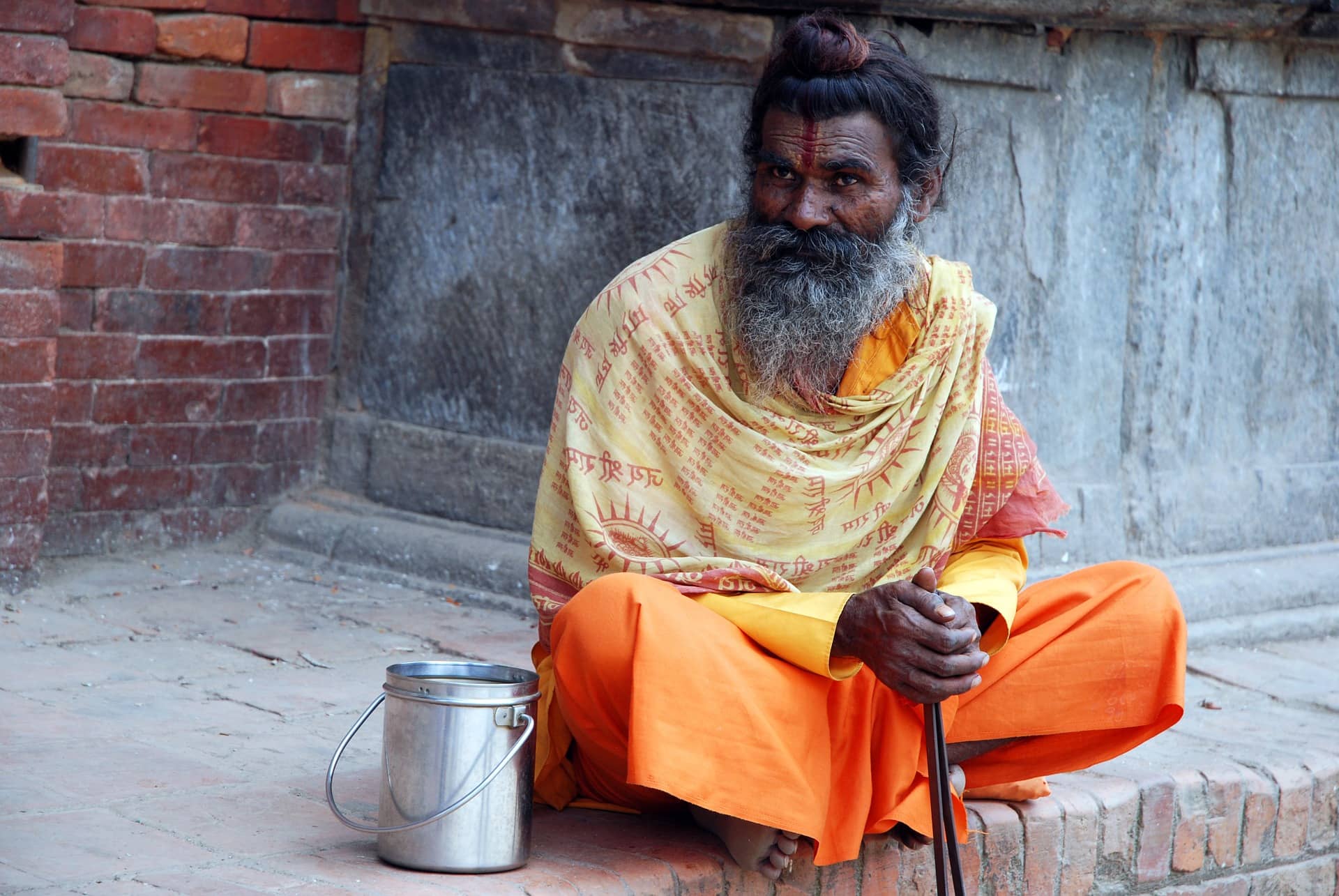Millions of pilgrims waited for the ascetics to bathe before joining them in the belief that their sins would be washed away, speeding their achievement of nirvana. On Sunday, some 7 million completed the centuries-old ritual, which occurs every 12 years.
Organizers of undoubtedly the world's largest religious congregation, said the seven million devotees were led by 200,000 holymen for the purifying dip in the confluence of Ganges and Yamuna rivers, off northern Allahabad city. Sunday was the first of the 42-day festival's four "royal" bathing days when the elixir of immortality -- dropped during a mythical battle between gods and demons -- is believed to be present in the waters.
"According to our estimates, seven million devotees from across the world took the holy dip today," said Allahabad city chief administrator Sadakant at a news conference at the Mela grounds. Sadakant uses one name only, as do many Indians.
He said the believers were led by 20,000 of by the most revered of the Hindu sects, the Naga sages (the unclothed) -- who raced to the river banks and plunged into the icy waters, some of them brandishing swords -- a symbol of their warrior past.
"This is a time-honoured practice... Everything passed off peacefully," a visibly-pleased Sadakant added.
An estimated 180,000 holymen from other Hindu sects, some of them having travelled from remote hermitages in the Himalayas, also cleansed their souls at the mystical Ganges-Yamuna confluence, he told reporters.
As many as 70 million people are expected to dip into the river's chilly waters for a holy bath during the 43-day celebration that began on Tuesday.
In past Kumbh Melas, clashes between two rival warrior sects have led to stampedes, resulting in hundreds of deaths. Tragedy was averted on Sunday, thanks to an agreement by representatives of the two Hindu sects that the Niranjans would go in before the Junas.
Two surveillance helicopters and 100,000 policemen kept watch over the festival grounds as bathing began before dawn to a roar of ``Har har Mahadav'' - ``Hail Mahadav,'' a traditional Hindu chant taken up by warriors before battle.
Mahadev, also known as Shiva, is the Hindu god of destruction. Pilgrims threw garlands at the priests, who tossed them back at the crowds. As the bathing progressed, priests entertained the crowds with acrobatics, sword battles and trident fights. Meanwhile, religious songs and Hindi film music blared over loudspeakers.
``Bliss, pure bliss. The dirt in my soul and the fatigue in my body have both been washed away,'' said B.D. Arora, a pilgrim from Jalandhar in the northern state of Punjab.
Kumbh Mela derives its name from a Hindu myth that tells how the gods and demons fought over a ``kumbh,'' or pot, of nectar that would give them immortality. Legend has it that one of the gods ran off with the pot, spilling four drops of nectar near four blessed cities.
While the cities alternate holding Kumbh Mela, the festival in Allahabad, 360 miles east of New Delhi, is considered the most blessed because it lies near the confluence of rivers considered sacred by Hindus: the Ganges, the Yamuna and the mythical Saraswati.
Hindus believe that bathing in the rivers washes away sins accummulated over lifetimes.
The festival ends Feb. 21.
Kumbh Mela is reportedly the largest religious gathering in the world. The size of this year's Kumbh Mela may make it the largest human gathering ever held.

